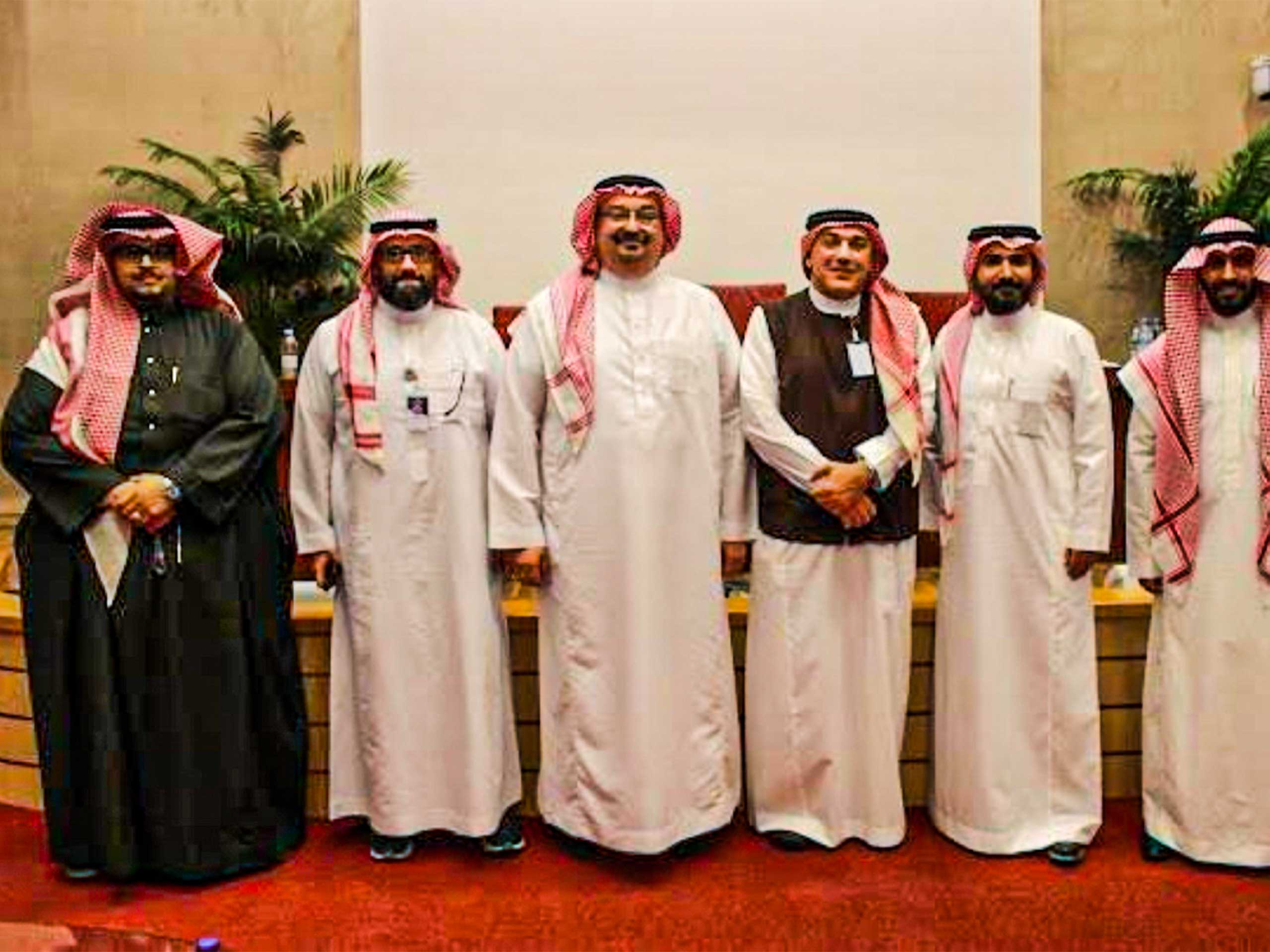E-commerce began as a fantasy and an idea and today has become a reality, and who knows what it will become tomorrow!
The virtual economy (the age of the Internet and modern means of communication) was born as a result of the overlap or intertwining of a group of phenomena, most notably the communications revolution and the explosion of information, as the virtual economy is the main engine that transformed society from a traditional society that relies on papers and pens to a new society that depends on technology and information. The virtual economy is also based on virtual markets and facilities that eliminate the restrictions of time and place, and electronic commerce has been able today to impose itself as a strong foundation in the new system of global trade. Successful institutions or companies that conduct business on the Internet in addition to advertising their business via the Internet, the Internet and electronic commerce are growing at a tremendous speed side by side and we cannot ignore them.
The difference between the traditional contract and the electronic contract is that the traditional contract agrees two or more wills of the contract council to create reciprocal obligations of a financial nature, while some jurists define the electronic contract as an agreement in which the offer and acceptance converge on an open international network for remote communication, by an audio-visual means.
As for distance contracting, it is a contract related to goods and services between a supplier and a consumer through the regulatory framework for distance selling or providing services organized by the supplier, which is carried out using one or more electronic means of communication until the completion of the contract.
Electronic contracts are generally divided in terms of the extent to which the contract is linked and implemented through the Internet into two parts:
1- Contracts that are concluded and implemented by the network directly, and they are contracts that cannot be called by hand, so they are either audible or visible, such as obtaining information, consultations or computer programs .
2- Contracts concluded through the network, and implemented in reality, such as sales that are replaced by tangible goods.
And it is one of the remote communication contracts (distance contracts), the French legislator defined in Article Two of the legislation issued on 12/20/1986 AD remote communication as the transmission, sending or receiving of symbols, signals, writings, images, sounds or information of any nature. , by optical or wireless fibres, or other electromagnetic systems.
It contributes to increasing the areas of choice for customers, as institutions and companies, large and small alike, have the opportunity to display their products or services. Many options can be viewed on the computer screen so as to provide the
opportunity for everyone freely without discrimination or restrictions.
This type of contract is governed by international conventions and treaties, because the legal regulation of electronic commerce and what it contains determine the pillars of the contract and its implications and how to implement it, and it has been regulated at the international level through the World Trade Organization (WTO).
Electronic contracts are characterized by belonging to the category of electronic commerce, not traditional commerce, as it is carried out by modern electronic means via the Internet and at a high speed in which the buying and selling process takes place within specific minutes.
Among the advantages of the electronic contract, for example, but not limited to: The main feature of the electronic contract is the conclusion of the contract remotely by means of technological communication without the need for the physical presence of its parties, as it is between two contracts that are not joined by a real contract council.
The electronic contract is often characterized by a commercial and consumer nature, so it is called an electronic commerce contract because it is often between a merchant and a consumer or a professional, and is characterized by an international character, because the Internet is global and makes most countries of the world in a state of permanent contact.
In terms of fulfillment, electronic payment dystem has replaced ordinary money in electronic contracting, for example bank cards, electronic commercial papers and others.
The electronic contract is concluded by the mutual consent of its two parties, and the existence of consent depends on the convergence of the expression of two identical wills with the issuance of the offer to contract by the first party, and the acceptance of this offer by the second party. Circumstances of the case doubted its significance, and examples of special images of the expression of the two departments in the electronic contract via the Internet: direct conversation between the parties to the contract, exchange of offer and acceptance via e-mail, and other other methods.
In response to the information mentioned in this article, I want to make it clear to the dear reader that electronic commerce is one of the reasons that led to the emergence of electronic contracts under discussion, which are held over the Internet, and I hope to meet you in other articles, God willing.












